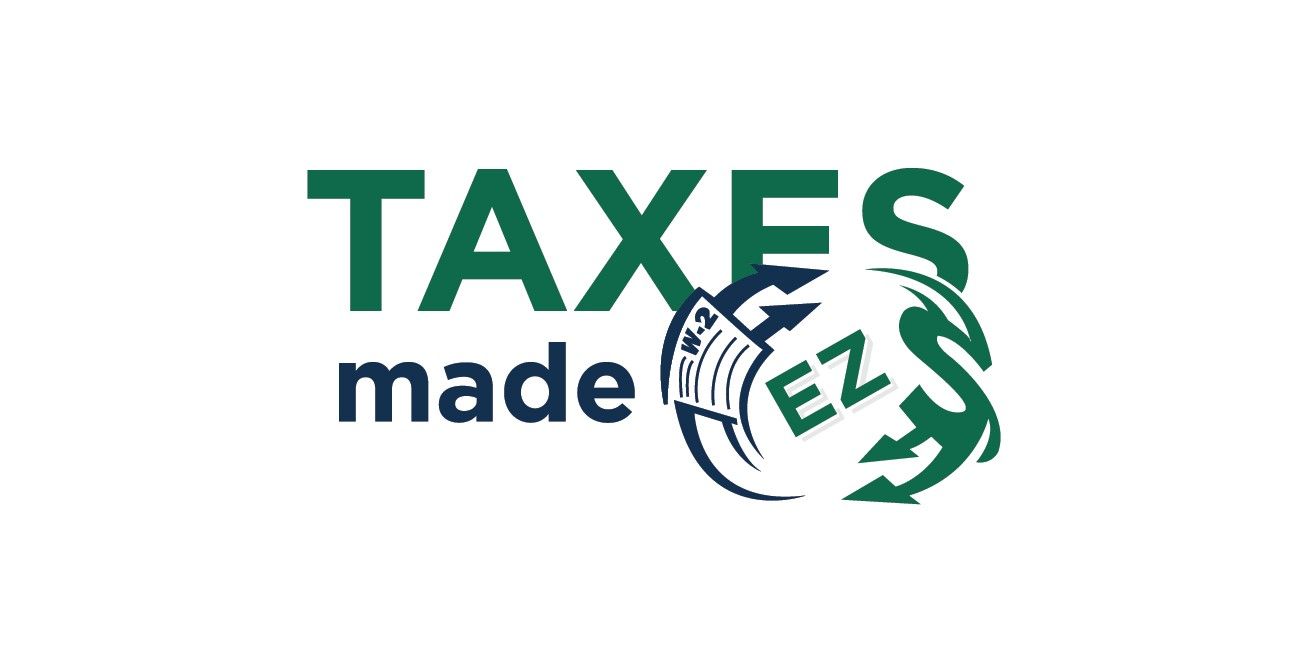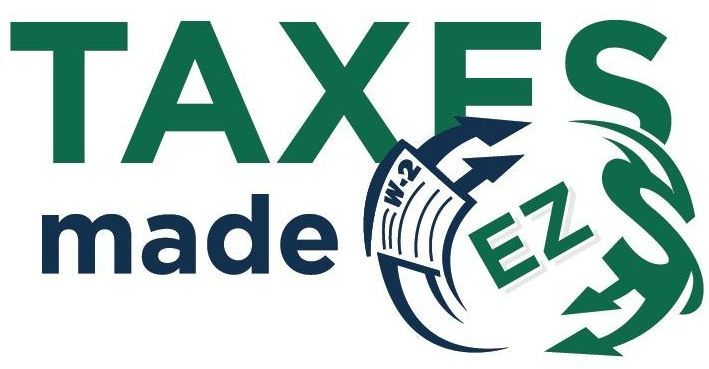Tax Benefits of Charitable Giving: How to Maximize Your Impact
Charitable giving has a plethora of benefits not only for those who receive it but also for yourself and your business. It promotes action and positive change and uplifts people and the community around them. It should always be considered and encouraged when possible. Charitable giving can also have many benefits when it comes to your tax return and maximizing the impact of your donations.
Understand Deductible Donations
It is important to understand that not all charitable donations are tax-deductible. To qualify for a deduction, donations must be made to a qualified organization recognized by the IRS, such as 5019(c)(3) nonprofits. It is so important to research the organizations you choose to donate to and understand their mission, status, etc.
Consider Donating Appreciated Assets or DAFs
One option to consider is donating appreciated assets like stocks or mutual funds instead of cash. This approach allows you to avoid paying capital gains tax on the appreciation and still deduct the full fair market value of the assets on your taxes.
This is especially advantageous when you have held the asset for over a year, and it has significantly increased in value. Donor-advised funds (DAFs) allow you to make a charitable contribution, receive an immediate tax deduction, and recommend grants from the fund to your chosen charities over time. They provide valuable flexibility and allow you to make larger contributions in high-income years and distribute them strategically to charities later.
Utilize Gift Matching Programs
To maximize your donation, use gift-matching programs. Some employers offer programs that can double or sometimes even triple the impact of your donation. Talk to your employer and learn what they may offer and all the necessary procedures to ensure your gift is matched.
Keep Detailed Records
As always, it is paramount to stay organized and keep detailed records of deductions. Keep records of your contributions, including bank statements, receipts, written communication from the charity, etc. Be incredibly diligent about keeping receipts of cash contributions, acknowledgment letters for donations over $250, and appraisals for non-cash donations over $5,000. Keeping detailed records is always a good idea and can substantiate your deductions should you be audited.
Itemize your Deductions
You must itemize charitable donations on your taxes on Schedule A of your Form 1040 to claim charitable contributions. If your deductions exceed the standard deduction, itemizing them can be very beneficial. Remember that the more you donate, the higher your itemized deductions may become, potentially lowering your taxable income.
We know taxes can be complicated, and we’re here to answer all your tax questions. Our trusted team of experts is here to offer you guidance and support throughout the entire tax process.
Call (856) 232-0958
or schedule a call today.

At Taxes Made EZ, we understand that tax planning is essential for individuals in all financial situations, but it becomes even more critical for high-income earners. Proper tax planning can optimize deductions, maximize savings, and create a long-term strategy to reduce tax burdens while fully complying with tax laws. Below are some key strategies and tips specifically for high-income earners. Minimize Your Tax Liability The U.S. tax system is progressive, meaning that your income increases, so does your tax rate. High-income earners fall into the highest tax brackets, with marginal rates reaching 37%. Strategic tax planning is vital to reduce your taxable income and minimize your debt. One effective way to do this is by contributing to tax-deferred retirement accounts such as a 401(k) or traditional IRA. These contributions lower your taxable income while helping you build a solid retirement plan. Additionally, contributing to Health Savings Accounts and 529 college savings plans offers tax advantages. HSAs provide tax-free funds for qualified medical expenses, and 529 plans help you save on education costs. Maximize Deductions and Credits For high-income earners, itemizing deductions can provide far more tax savings than the standard deduction. Some of the most beneficial deductions include mortgage interest, charitable contributions, and state and local taxes up to $10,000. Planning ahead can further enhance these deductions by strategically timing charitable donations or deferring income into the next tax year. Tax credits can also directly reduce your tax bill, making them extremely advantageous. High-income earners should explore credits for energy-efficient home improvements, educational expenses, and other applicable credits. These credits can significantly lower your overall tax liability, and checking eligibility each tax year is essential. Manage Investment Income High-income earners often generate significant income through investments in stocks, bonds, real estate, and other assets. Investment income is subject to different tax rules, and smart planning is essential to minimize taxes in this area. For example, holding investments for more than a year benefits you from lower long-term capital gains tax rates, while short-term gains are taxed at your regular income tax rate. Tax-loss harvesting can also be a valuable strategy—selling losing investments to offset gains and reduce taxable income. Additionally, focusing on assets that generate qualified dividends, which are taxed at the lower capital gains rate, can provide further tax savings compared to ordinary income. Consider Estate and Gift Tax Strategies For individuals with significant wealth, estate and gift taxes can take a large chunk of your assets, with estate tax rates reaching as high as 40%. Estate planning is crucial to minimize the impact of these taxes and protect your wealth for future generations. High-income earners can take advantage of strategies such as gifting assets to heirs. The annual exclusion limit allows you to gift up to $17,000 per recipient, tax-free. Additionally, establishing irrevocable trusts can protect your assets from estate taxes while enabling you to pass on wealth in a tax-efficient manner. Partner With a Tax Professional At Taxes Made EZ, we are committed to putting your financial goals and circumstances first. Our team stays current on the latest federal and state tax laws, and we specialize in working with high-income earners and individuals with complex financial situations. We’re here to help you navigate the intricacies of tax planning, ensuring you take full advantage of every opportunity to reduce your tax burden. When you partner with us, you can feel confident knowing that our tax experts are working to safeguard your financial future. Let us help you simplify your tax-filing process while maximizing your savings. Call us today at (856) 232-0958 or schedule a consultation to learn more.

A Roth IRA, or individual retirement account, is a powerful tool to help secure your financial future. Unlike traditional retirement accounts, contributions to a Roth IRA are made with after-tax dollars. This means you pay taxes on the money upfront, but the funds grow tax-free, and withdrawals in retirement are also tax-free, as long as certain conditions are met. Below, we’ll explore the benefits of a Roth IRA and strategies to maximize its potential. Understand the Benefits A Roth IRA offers several key benefits that make it an attractive option for retirement planning. The primary advantage is tax-free growth. Since you contribute after-tax dollars, your investment earnings grow tax-free, and withdrawals made after retirement, once you meet the conditions, are also tax-free. To qualify, you must have held the account for at least five years and be 59 and a half years old. Additionally, unlike traditional IRAs, Roth IRAs do not require mandatory distributions at age 73. This lets your investments grow for as long as you want, giving you greater control and flexibility over your financial future. Maximize Contributions Maximizing your contributions is essential to get the most out of your Roth IRA. While large donations are ideal, even negligible, consistent amounts can add up over time, thanks to the power of compound interest. For 2024, the contribution limit is $6,500 per year, or $7,500 if you're 50 years old or older. Check income eligibility limits, as they can affect how much you can contribute. Starting early and contributing regularly can significantly boost your retirement savings in the long run. Diversify Your Investment Strategy It’s important to remember that a Roth IRA is an account, not an investment itself. You can invest in stocks, bonds, mutual funds, ETFs, and more within the Roth IRA. Diversifying your investments is crucial to manage risk and optimize growth. A balanced mix of growth-focused assets like stocks and more conservative investments like bonds can provide long-term stability. Aim for an investment strategy that aligns with your age and risk tolerance, and adjust as you approach retirement. Monitor and Adjust Over Time As your life circumstances and financial goals evolve, your Roth IRA should evolve with them. Regularly review your account, assess your contributions, and fine-tune your investment strategy. Whether your income increases or your retirement timeline shifts, periodic adjustments can ensure that your Roth IRA remains aligned with your financial goals. Combine With Other Retirement Plans One of the advantages of a Roth IRA is that it can complement other retirement plans, such as a 401(k). A 401(k) offers tax-deferred savings, while a Roth IRA grows tax-free. Having a combination of tax-deferred and tax-free accounts gives you more flexibility in retirement, allowing you to manage your withdrawals more efficiently and potentially reduce your overall tax burden. Plan for a Secure Future Planning your financial future with a Roth IRA can provide long-term financial security, especially when paired with other retirement strategies. Consider consulting one of our expert tax professionals to ensure you’re making the most of your Roth IRA and other retirement accounts. We can guide you through the process and help you maximize your retirement savings. Call us today at 856-232-0958 or schedule a consultation to get started.







